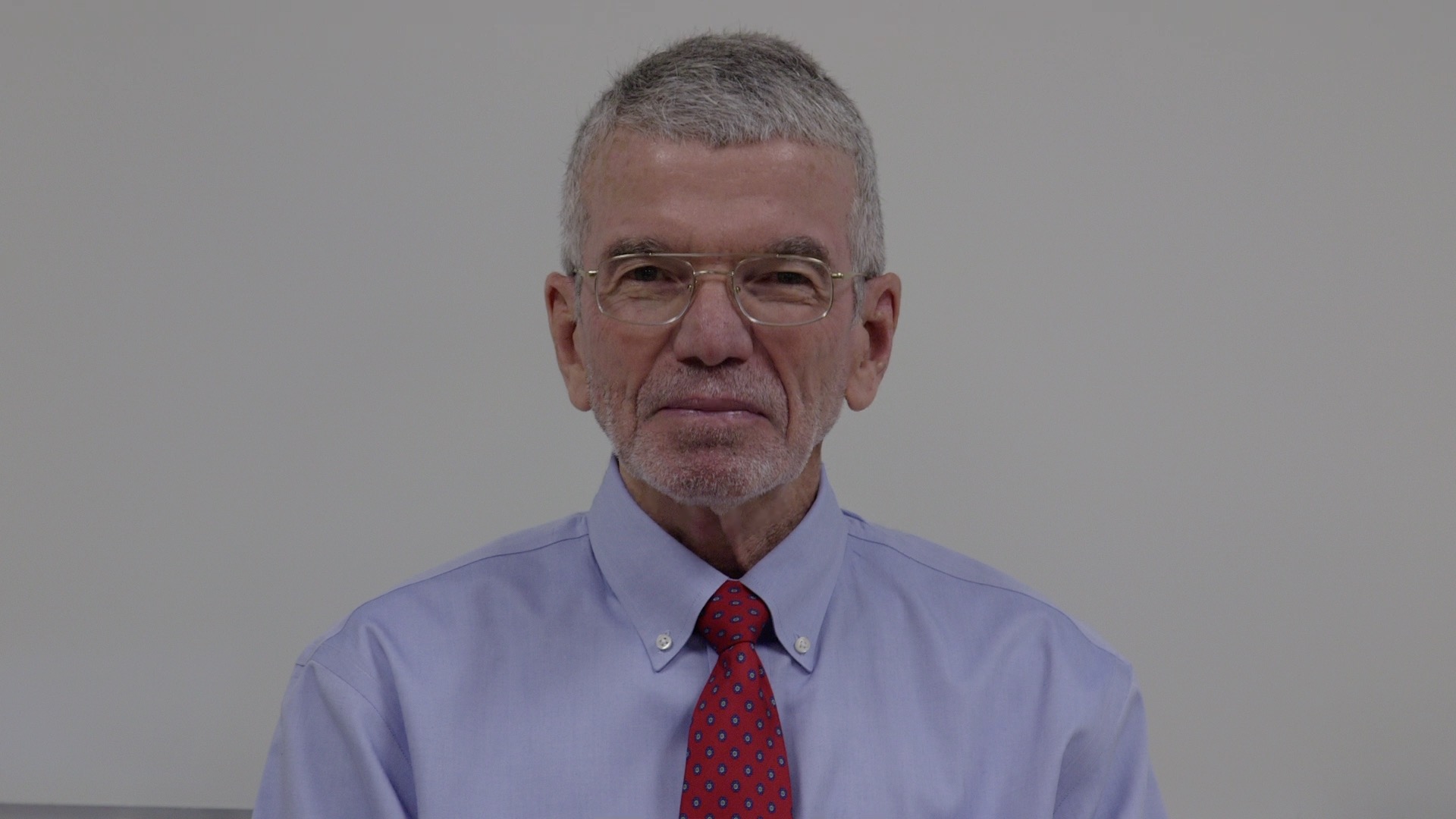Paul B. Thornton
On a scale of 1-to-10, how would you rate your listening skills?
Very few people give themselves a 10!
Listening is hard work but it yields many positive benefits.
If you ask employees what makes a good manager or good team member, one answer you consistently hear is “someone who listens well.” My boss gives me his full, undivided attention. A lot of people go to Kate for help because she is such a great listener.
There are two basic factors that impact our ability to listen—distractions and not understanding the message.
Distractions
There are two types of distractions.
- External Distractions—cell phones, your computer, items on your desk, people stopping by, and other conversations going on close to you.
- Internal Distractions—what’s going on in your head—your to-do list, projects that need to be completed, family issues, and anxieties about the future.
Here are some things you can to do to deal with distractions.
- Remove them. For example, put your cell phone away.
- Make eye contact with the speaker. It’s a good reminder to focus, pay attention, and observe the speaker.
- Don’t interrupt. When you interrupt, it indicates you’re more interested in stating your point than listening to the speaker.
- Create a word or phrase such as “concentrate,” or “be present” that you can say to yourself as a reminder to stop the internal chatter and give the speaker your full attention.
Understanding the Message
Hearing all the words is one thing, understanding the message is something different.
There are several reasons why you may not understand the message.
- Lack of Knowledge—you don’t have the required background to understand the jargon, acronyms, and other concepts that are being used.
- Information Overload—the speaker provides so much information it’s hard to process.
- Disorganized—the message is disorganized and hard to follow.
- Selective Listening—you only focus on the parts of the message that support your position.
Here are some things you can to make sure you understand the message.
- ABC—Always be curious. Ask questions, probe, and dig. Get the facts and determine how the person is feeling about the situation.
- To combat information overload—Ask this question, “What is the main thing you want me to remember or do?
- Ask for definitions and examples—How do you define strategic intent? Can you give me an example of a world class team?
- Paraphrase—If I’m hearing you correctly, you asked me to monitor the warehouse inventories and give you updates on Fridays. Is that correct?
Once you fully understand the speaker’s message, it’s time for analysis. It’s useful to determine the accuracy, relevance, and significance of the information.
Here are some things to consider.
- Where did the data come from? How big was the sample size?
- Is the speaker stating facts or opinions? What evidence is being supplied?
- What’s relevant and what’s irrelevant to the current problem or opportunity.
- How does this information relate to the bigger picture?
Not all information is of equal value.
Benefits of Being a Good Listener
There are several.
- Speakers feel valued. They feel like their ideas matter and that you are genuinely interested in understanding what they are thinking and feelings.
- You learn a lot.
- Communication breakdowns are reduced and mistakes are minimized.
- You increase your presence.
Are you committed to becoming a 10 when it comes to listening?
Summary
Listening is hard work. But if you are really motivated to understand the speaker, you will be an active participant in the process. Removing distractions, asking questions, observing the speaker, and paraphrasing when necessary are required to fully understand the speaker’s message.
__________________________________________________
Paul B. Thornton is an author, speaker, and former college professor. Three of his core beliefs and practices are add-value, continuous improvement, and simplify the complex. His two most recent books are Precise Leaders Get Results and Leadership-Finding Your Sweet Spot (Authors Place Press). He has produced 28 short YouTube videos on various leadership topics including managing stress. He can be contacted at [email protected].


